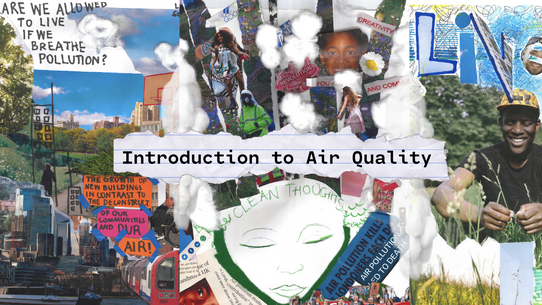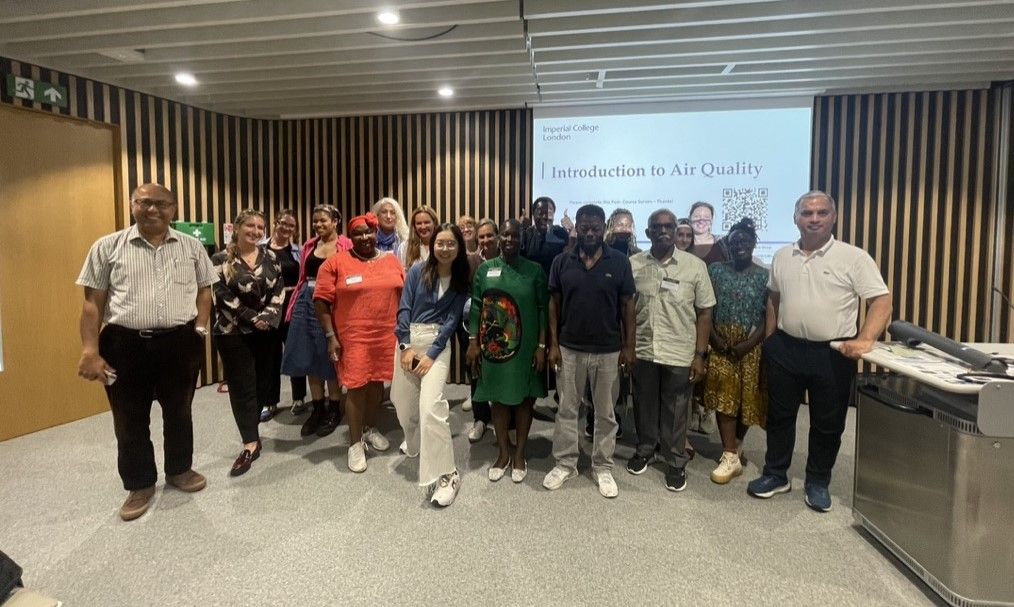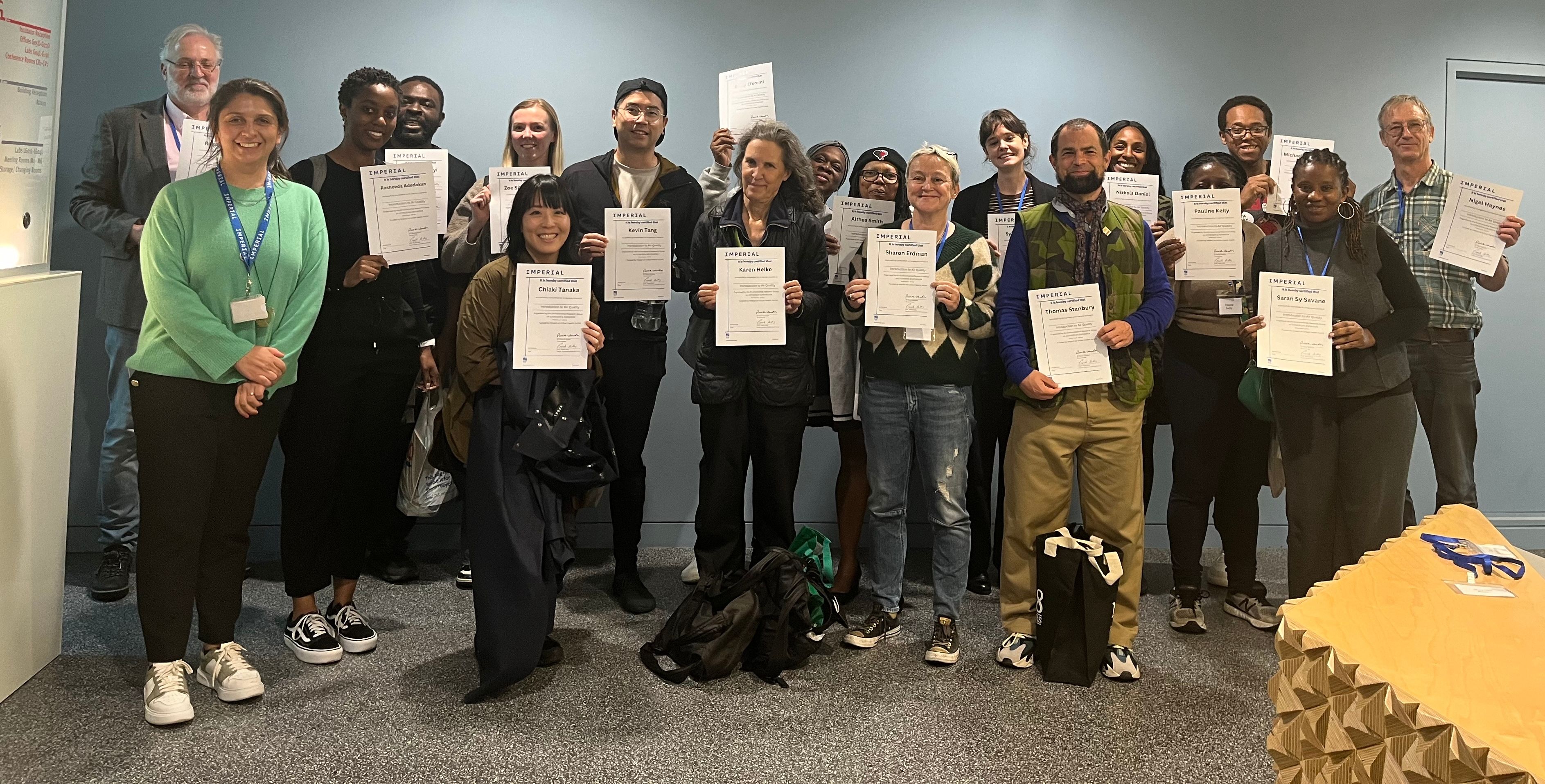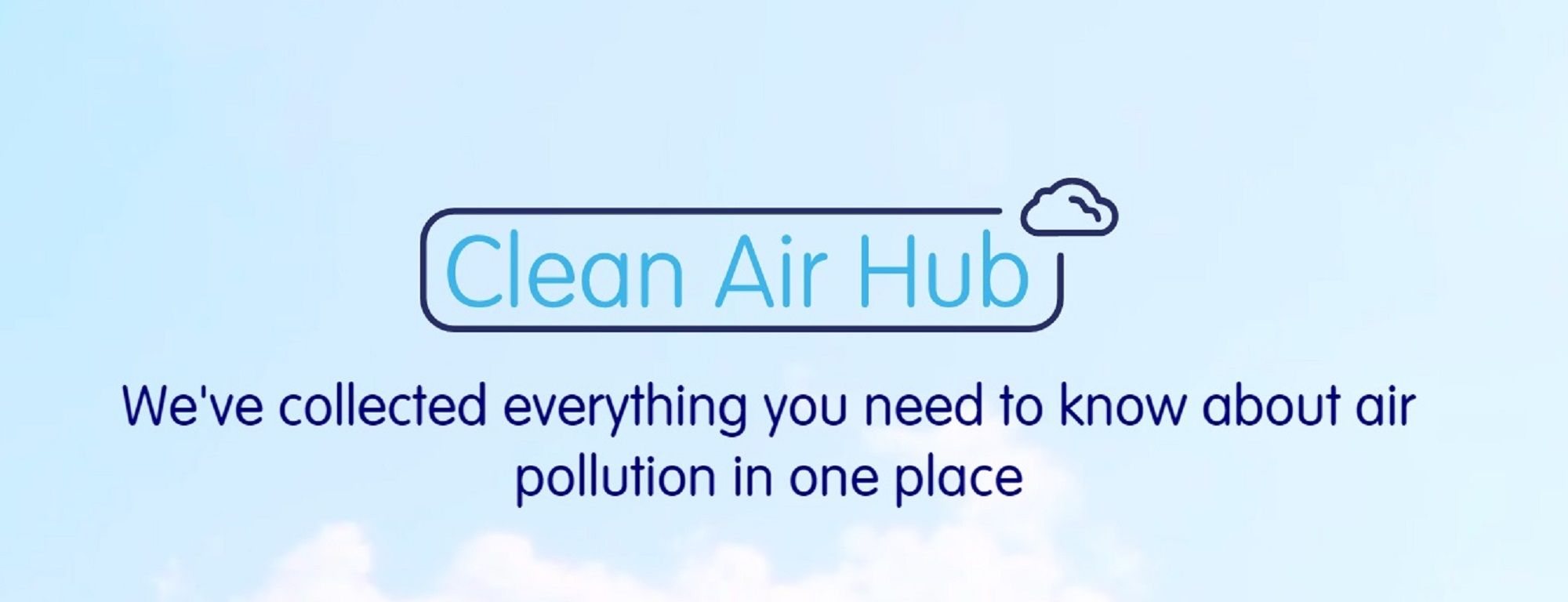This course focuses on the health effects of air pollution in urban areas. Starting from the basics, it goes on to explore the research and evidence of whom it affects and how some people are more susceptible to its harmful effects than others.
Participants will also gain a detailed understanding of the main sources and what is being done to understand and reduce them.
Solving this issue requires awareness and empowerment.
Course details
- Duration: 2 days
- Venue: White City campus
- For further information contact: Swati Jain
Funded by Impact on Urban Health, the course provides
community leaders with knowledge and information
about air quality to empower people to take action
on air pollution.
Future courses:
- In-person Course - 18th and 25th March 2025
- Online course - 17th and 24th June 2025
Frequently asked questions
- Course Aims
- Learning and Teaching methods
- Who should attend ?
- Benefits of attending
- Accreditation
- Comments from past participants
- Schedule
- Lecturer
- Queries
Participants on the course will learn to:
- Describe the sources and causes of outdoor and indoor air pollutants that are harmful to people’s health.
- Identify how air pollution affects people’s health at different stages of life
- Understand different approaches for measuring air pollutants
- Describe how people are normally exposed to air pollution and identify ways to reduce exposure
- Understand the ways that air pollution is regulated in the UK
- Recognise the links between air pollution and climate change
Each of the sessions will be based around a series of presentations with time for questions. The content will be delivered by senior academic experts from the Environmental Research Group, in a way that everyone can understand.
Points will be illustrated with data and backed up by evidence. Educational resources such as presentations, journal articles and reports spoken about during the sessions will also be available to participants after the course.
This course has been designed for people interested in air pollution without an academic or scientific background. As the course is funded by Impact on Urban Health and places are limited, participants will need to complete an Expression of Interest form in the first instance. For further information contact Swati Jain
By completing this course, participants will be able to talk about pollution and engage in future projects designed to improve air quality in urban places.
All participants will be awarded an Imperial College London Certificate of Attendance on completion of the course. Participants must attend both days in order to receive this.
- “I found the Introduction to Air Quality Course to be a really thoughtful and thought-provoking training programme. I found it so interesting and learnt so much. It was a privilege to have substantial presentations from experts in their fields, and to hear their views and insights. It’s led me to exciting further reading and will help me enormously in my work with Mums for Lungs.” - Sharon Erdman, Mums for Lungs
- “With excellent presentations, these courses are a must especially for environmental policy officers and anyone linked to improving air quality. ” - Ralph Wilce , Wijs Air
-
“It was a joy to listen to the speakers who clearly have a depth of knowledge and a passion for their chosen subjects. Clearly Imperial College students are spoilt 😊” - Mark Arch, Building consultant
In-person Course Schedule
Day 1:
- What is air pollution? What are the sources? and how we measure air pollution?
- Evaluating the health impacts of indoor and outdoor pollutants on vulnerable populations within the urban environment
- How are we exposed to air pollution in our daily lives? And how can we communicate air pollution as a health risk?
- Air pollution and construction sites
Day 2:
- Theory and practice of engaging publics in air quality discussions
- London Air Quality Network and Breathe London Network
- Air pollution Action and Policy
- Air pollution and climate change: two sides of the same coin
Daily Schedule
Registration 9:30 -9:45
Morning session: 09.45 - 12.00
Afternoon session: 13.00 - 15.00
Lunch: 12.00 – 13.00
Online Course Schedule
Day 1:
- What is air pollution? What are the sources? and how we measure air pollution?
- Evaluating the health impacts of indoor and outdoor pollutants on vulnerable populations within the urban environment
Day 2:
- How are we exposed to air pollution in our daily lives?
- Air Pollution Action and Policy
Daily Schedule
- Session: 18.00 - 20.30
The Environmental Research Group (ERG), part of the School of Public Health, is a leading provider of air and water quality information and research in the UK. The ERG combines air and water pollution science, toxicology and epidemiology to determine the impacts of air pollution on people’s health.
They work closely with those responsible for air and water quality management to support policies and actions to minimise air pollution health effects.
Module Leader : Dr Diana Varaden
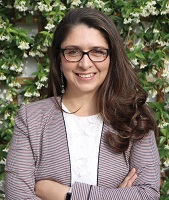 |
Dr Diana Varaden is a Lecturer in Environmental Social Science and Health in the Environmental Research Group with multidisciplinary skills in the fields of air pollution and social science. She is interested in interdisciplinary work bridging natural science, social and health disciplines and in identifying the benefits of involving lay individuals in the research process. Dr Varaden is currently part funded by Impact of Urban Health. |
|---|
Diana Varaden Profile | Imperial College London
Other Lecturers :
Prof. Frank Kelly : Frank Kelly Profile | Imperial College London
Prof. Benjamin Barratt : Benjamin Barratt Profile | Imperial College London
Dr David Green : David Green Profile | Imperial College London
Dr Ian Mudway : Ian Mudway Profile | Imperial College London
Dr Gary Fuller : Gary Fuller Profile | Imperial College London
Dr Kayla Schulte : Kayla Schulte Profile | Imperial College London
Andrew Grieve : Andrew Grieve Profile | Imperial College London
Daniel Marsh : Daniel Marsh Profile | Imperial College London
Queries regarding registration and other administration matters should be directed to:
Swati Jain, Project Coordinator, School of Public Health via email
Social media
Keep up to date by following us on our social channels
Twitter: ERGImperial | YouTube: Environmental Research Group
